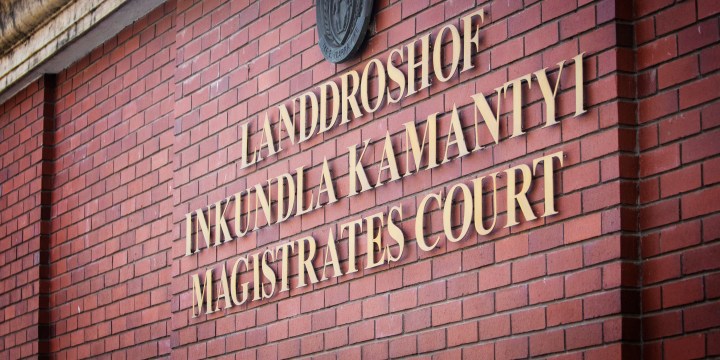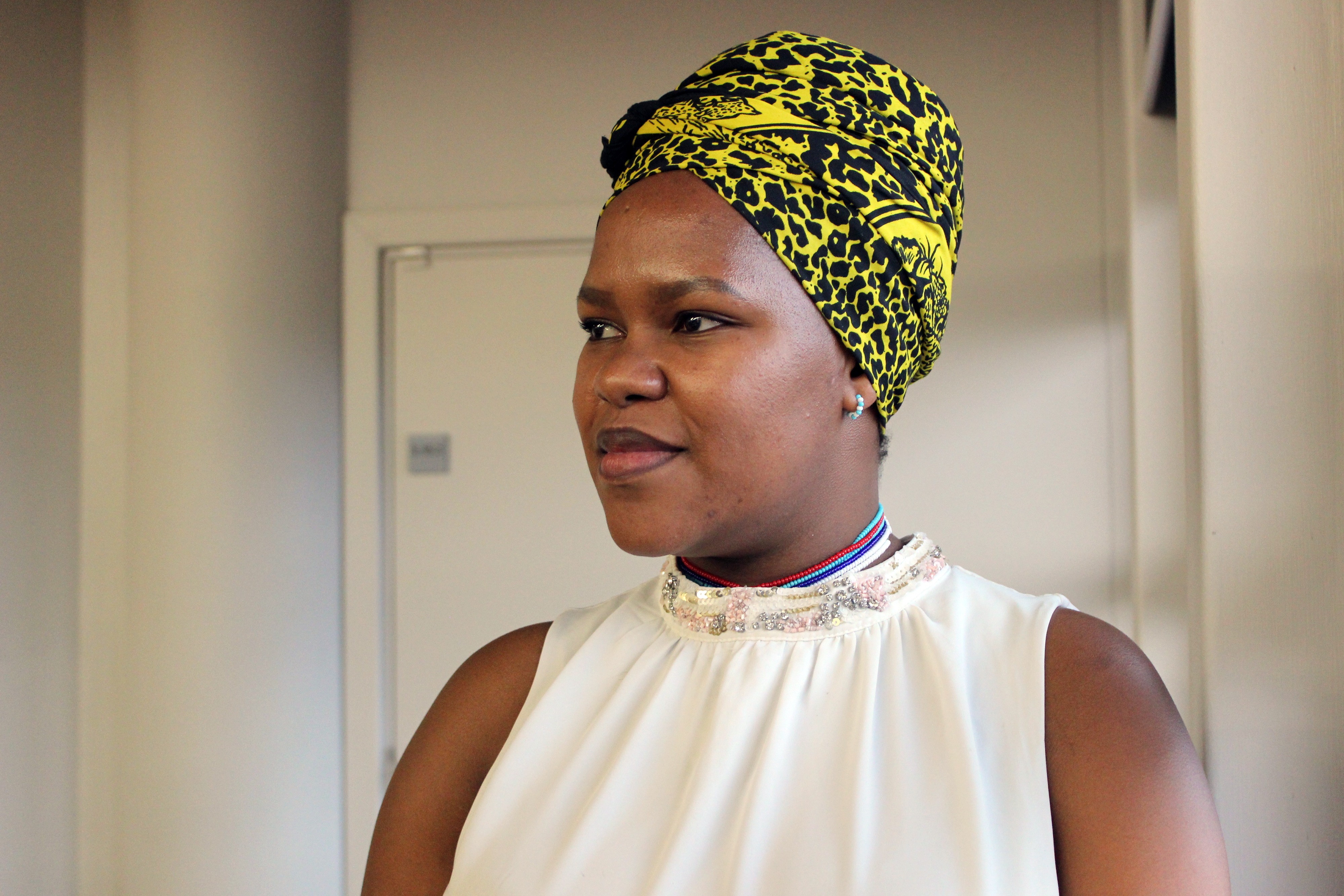SLOW JUSTICE
Survey findings point to fixable problems in SA’s magistrates’ courts

Magistrates’ court users had a positive overall view of the system upon entering it, according to a public survey, but the goodwill was undermined by unnecessary delays and repeated returns to court.
In 2022, 933 members of the public agreed to complete a survey while visiting South Africa’s lower courts. The aim of the project, which covered six different magistrates’ courts in two provinces, was to gain insight into the state of the courts through the eyes of the people who use them.
Among the many findings, it is shown that 77% of respondents had a positive overall view of the courts before their visit, but only 72% held the same view when they left. The more times an individual had been to court, the more likely they were to switch to a negative opinion during their visit.
The Isidima: Magistrates Court User Survey Report 2023 was launched on 31 January by the Democratic Governance and Rights Unit (DGRU), which is based in the Department of Public Law at the University of Cape Town’s Law Faculty.
The survey was conducted at three sites in the Western Cape, namely Cape Town, Paarl and Oudtshoorn, and three in the Eastern Cape, namely Gqeberha, Qonce (King William’s Town) and Mthatha.
“There hasn’t been much research done on the magistrates’ courts,” said Zikhona Ndlebe, lead researcher for the report at the DGRU. “This also means that there hasn’t been much attention paid to these courts. The problem with this is that issues exist that can be dealt with, but they are not being raised as issues.
“Most people who go to the magistrates’ courts are people who cannot afford lawyers and people who are the poorest of the poor. Most people will also encounter justice for the first time and last time in our lower courts. That is why we as the DGRU believe that research such as this is important.”

Zikhona Ndlebe, lead researcher on the Democratic Governance and Rights Unit report on magistrates’ courts. (Photo: Tamsin Metelerkamp)
Unnecessary delays and late starts
Just over a third (34%) of survey respondents said court proceedings did not start on time. Two in five respondents (39%) believed their cases had been delayed unnecessarily, making the issue of court delays the greatest source of negative sentiment among court users.
Among those who experienced unnecessary delays, the top reasons for the hold-ups were missing court files or dockets (19%), a witness being unavailable (17%), and the court user’s lawyer being unavailable (11%).
“It is of some concern that many of the reasons for delays were in control of the court: missing files, ‘magistrate not available’ [and] ‘courtroom not available’ together account … for around one-third of the reasons,” states the report.
It is also an issue of “grave concern” that documents and files were going missing, continues the report, as this suggests serious problems with the proper storage and safeguarding of court records.
Ndlebe said unnecessary delays in finalising cases are a “big problem”, as they cause a deterioration in people’s perceptions of the courts and the integrity of the broader justice system. She used the well-known legal maxim of “justice delayed is justice denied”.
“We don’t have enough courtrooms in South Africa and we also don’t have enough recording machines. So, when there are delays because dockets are missing, it’s basically denying justice for someone else who could have had their matter dealt with,” Ndlebe explained.
The report suggests that the best way for the courts to “retain the positive views” of court users is to ensure matters are finalised in an efficient manner, with the fewest possible return visits to court for users.
The researchers make several recommendations on how unnecessary delays can be reduced. Referencing the norms and standards for courts set out in the Superior Courts Act 10 of 2013, they state: “The magistrates’ courts must finalise all civil cases within nine months from the date of issue of summons … The heads of the magistrates’ courts must take steps to ensure that all judicial officers adhere to the norms and standards and are held to account should they fail to do so.”
The report further states that an online court system is “long overdue”.
Such a system, it says, would reduce the number of postponements because of missing files and help to combat corruption in the lower courts.
Deputy Minister of Justice and Constitutional Development John Jeffery, who attended the launch of the report, said the department aims to institute an online court system “as fast as possible”, but it is still facing certain infrastructural problems.
On the issue of delays and postponements in courts, Jeffery said: “Case management is the responsibility of the judiciary. The chief justice has a national efficiency enhancement committee, through to the [judge presidents of the divisions of the high court], who have provincial efficiency enhancement committees.”
However, he acknowledged the responsibility of the Department of Justice with regard to certain issues causing delays, such as faulty equipment and a lack of proper infrastructure.
“We’ve also obviously got problems with load shedding. There is an effort to put generators in all courts,” Jeffery said.
Respect for court users
A positive finding of the court user survey is that one of the greatest challenges faced by South Africa’s courts – how court users are treated – has been largely resolved. Of the people surveyed, 91% felt that the magistrates treated them with respect. These findings are largely consistent across different races, genders and income groups.
“We had some surprisingly good results out of the survey and we shouldn’t downplay those results. I think they are achievements for our criminal justice system,” said Dr Jean Redpath, editor of the report.
“But we must also bear in mind that the survey is of those who are choosing to use the courts. Those who have chosen not to come to court or have given up on the system cannot be captured by the survey.”
Similarly, the survey did not include accused persons in custody at the courts, as they were not accessible for interviews. DM
This story first appeared in our weekly Daily Maverick 168 newspaper, which is available countrywide for R29.





















Comments - Please login in order to comment.